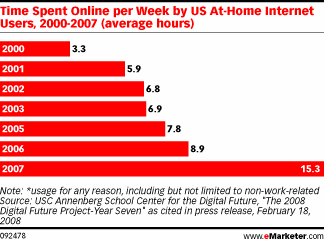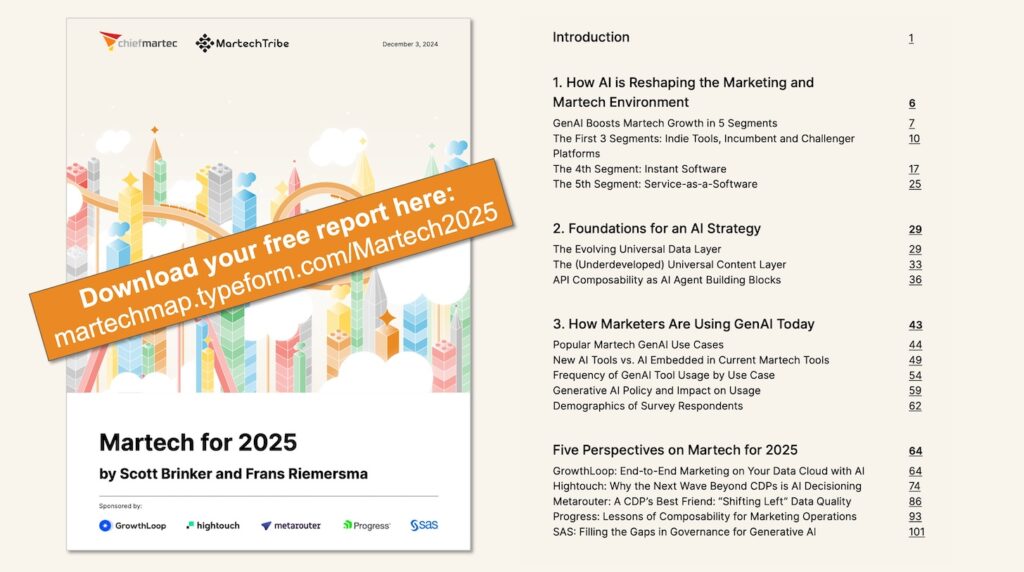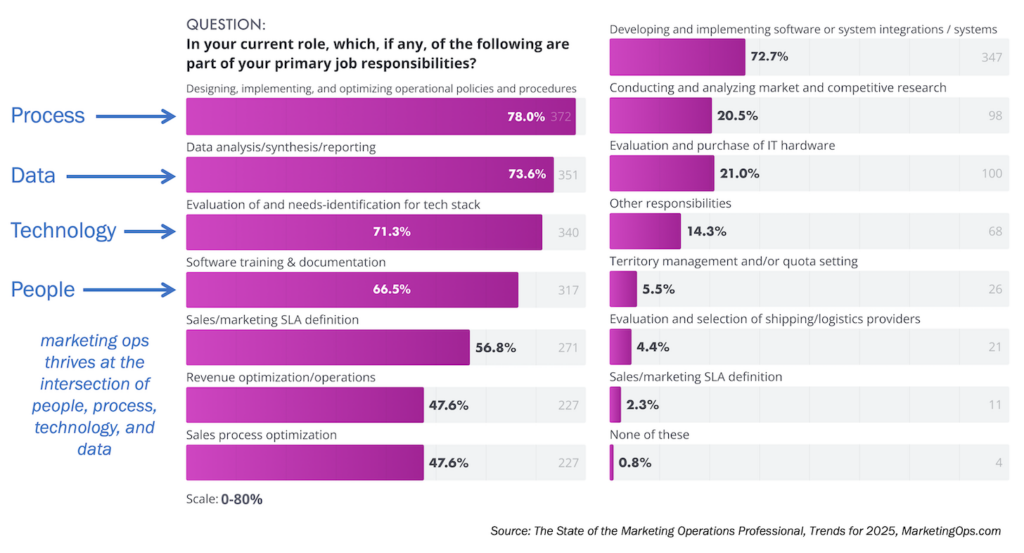This was a fascinating week for social media and disruptive innovation in marketing.
Take these 4 stories:
Yesterday, eMarketer reported that people all over the world are spending more and more leisure time online, on both a daily and weekly basis. A study by TNS Global found that in 2008, US adults spent 30% of their leisure time on the Internet (in China, that number is actually 44%). In the US, the amount of time spent online per week has skyrocketed from 8.9 hours in 2006 to 15.3 hours in 2007 — and far more expected in 2008 and 2009. Since there are still just 24 hours in the day, time and attention is a zero-sum game — other media, activities, and experiences are inevitably being displaced.
So people are spending more and more time online. No big surprise. But what are they doing, and what does that mean for marketers?
Financial Times reported that social networks threaten advertising growth: according to the Institute of Practitioners in Advertising (IPA), two-thirds of advertising agencies are not prepared for the industry changes prompted by social networks and new forms of digital media. Although there are a few stand-out exceptions — the Cadbury “Gorilla” spot and Dove’s “Campaign for Real Beauty” — most agencies are not adjusting quick enough to the new landscape of social media marketing. Moray MacLennan, CEO of M&C Saatchi Worldwide said, “I don’t think [social media] is a replacement for paid-for media, it is just going to be a challenger for [consumers’] time and attention.”
How much of a challenger? That brings us to our next story, possibly a Google challenger…
Bernard Lunn at ReadWriteWeb posted a somewhat controversial article: Sorry Google, You Missed the Real-Time Web! After witnessing a lifestreaming mashup — compiled from Twitter, Flickr, and YouTube — of the incredible story of US Airways Flight 1549 landing in the Hudson River — Bernard hypothesized that this new real-time web has the potential to overshadow not just traditional media companies, but even the almighty Google search, which is more like a library of the historical web. Of course, Google will survive, just as IBM and Microsoft still carry on, despite being eclipsed by disruptive innovations. Microsoft disrupted IBM with software, Google disrupted Microsoft with search, and now Twitter (?!?) disrupts Google with the real-time social web? Whether or not that specific scenario plays out remains to be seen, but Bernard’s point is right on: giants such as Google are rarely toppled in their main line of business, but are instead eventually sidestepped in the market by a disruptive innovation that was never even considered as competition.
And speaking of disruption, file this last story under “social media disrupts marketing, so marketing disrupts social media”:
Burger King launched another social media marketing win — the Whopper Sacrifice campaign — that offered people a free Whopper if they unfriended 10 people from Facebook. The sacrificed souls actually received a notice that they were “sacrificed for a Whopper”. (Oh, the shame!) Apparently 82,000 Facebook users deleted over 230,000 friendships before Facebook had the app shut down, because technically, Facebook prefers if the unfriended are not notified. Crispin Porter + Bogusky and Refresh Media developed the campaign, which arguably got as much viral branding from being shut down as they did from actually running the app.
What does this all mean? I don’t know, but points on the curve:
- Everyone is spending more of their time online.
- Social media is becoming the heart of the online experience.
- Social media has real-time fluidity that is, frankly, astounding.
- Most marketers don’t know how to engage in social media yet.
- Even Google may be surprised by social media.
Continues to raise questions about the future of social media management — what patterns will eventually emerge and how will people optimize and scale them? Or are the very concepts of optimization and scale destined to be disrupted themselves?




Scott, I love the fact you’ve always got your eye on macro trends like this. But sometimes I wonder if we’re all still too deep in the weeds.
The term disruptive marketing/advertising should signal to us from the get-go that we should pursue another avenue. Maybe we just don’t understand how deep an impact technology has made on us. For better or worse, marketers -through technology- have inserted themselves right into people’s lives. That being said, how do we feel when some stranger on the street [disrupts our daily routine] tries to sell us some crap from a cart? I feel the same way when Chevy, Yoplait or Ameritrade try to sell me crap from their carts. It’s rarely relevant to me, but still disrupts me. That cannot be good brand experience? Can it? I see brands as entities like people. There are qualities we like about people (friendly, good-looking, trustworthy) just like brands. So maybe brands should behave like [respectful] people when they’ve taken the lberty of inserting themselves into our lives.
In my opinion, here’s the secret for brands being (and staying) part of people’s lives : start exercising some common respect for us and our time. Just as it’s incredibly rude to tap someone on the shoulder to try and sell them something as they use a public restroom, it’s equally disrepectful to put up urinal advertisements. 😉 The basic rule that direct marketers have known for years: Don’t interrupt people unless you really feel your offer would interest them. EVERYONE probably isn’t interested in your offer – so quantity does not equal quality – In fact, that approach may likely lead to an erosion or cheapening of your brand that you don’t even see until it’s too late.
I love the way social media is evolving. The fact that small (but growing) communities of people are connecting online in meaningful ways, but are resistant to traditional advertising tactics tells me that it has, in fact, gone mainstream. So while marketers who want to be part of the social media world have to have the technical chops to do it, they’d be well-advised to learn from the offline world.
That’s just my 2 centavos.
I have been following the Burger King campaign for quite awhile and I am not convinced that it is in fact a success. BK above all needs to drive sale as McDonalds is really increasing share. One could make a strong argument that BK does not need to raise brand awareness that their awareness is quite high. What they need is an emphasis on quality and new menu items like McDonalds has done.
The viral video that BK produced may have wide spread views but if BK’s sales are in fact flat or still declining the social media programs did not meet objectives. It’s easy, at lunch time, to see a McDonalds packed with people while the BK has few customers.
Marketers are continuing to struggle with social media as a way to increase business. The days of brand awareness translating into sales are coming to an end as empowered consumers have a lot more choices and chose to turn off brand messages. With sales are most companies declining marketers are being asked to produce NOW. Social media, in order to be effective, needs time and a variety of different approaches to be effective. Right now it’s damn hard to go to the board room and present a social media program that costs dollars and resources while budgets are being cut. http://www.richsblog.com
Nice article, Scott. I’ll be back to read more of your posts. Carry on. -Jon
Jim — thanks for the great comment, simultaneously insightful and hilarious.
I have to confess, I’m still on the fence though.
On one hand, I agree that companies should focus on three things for marketing: (1) building insanely great products or services, which includes listening to what people really want, (2) “being there” when I decide I need something of those products or services, wherever “there” is, (3) and taking authentic care of me throughout my lifecycle as a customer.
As an old product development guy, that’s probably my preferred worldview.
But (social media blasphemy?), I’m not sure I believe that. Many reasons for this, purely from the consumer side: (1) education of the market for a solution that may not have been widely known — maybe for a problem that wasn’t widely recognized, at least through that lens, (2) serendipity, especially for entertainment and leisure, (3) appreciation for sponsored content.
Respect for us and our time seems like it may not be black-and-white. I think all telemarketing is evil, until my local elementary schools calls asking for donations, and it feels different to me. Direct mail annoys me, but every now and again I find a catalog really helpful, or an offer for a new restaurant quite appealing. Your advertising-in-the-bathroom story is funny, and I’m sure others feel the same, but — should I admit this? — I actually enjoy reading those ads, and on at least one night, found one to be highly relevant and useful.
Still, back to the topic here, disruption is all about things changing — and hopefully for the better. Your comment definitely makes me think about the possibilities of how far these changes could go.
Rich, thanks for joining in the discussion!
You may be right, and I think you’re asking the key question: will social media stunts actually translate into business for the advertiser (er, sponsor)?
Frankly, I’m not really a fan of the social media stunt — which is what most advertising agencies seems to have their hearts set on in the social media sphere. Sure, when they work, they can be great water cooler banter, and perfect for spiking email forwarding spam. But there’s a certain — how to say it? — artificiality to it that seems at odds with the true spirit of social media.
I suspect the commenter above, Jim Murphy, might categorize those as disrespectful of time and intelligence… but maybe not.
But, for various reasons, a social media backlash seems inevitable, and will most likely be reported by the business press… I can see the Wall Street Journal story from here.
I think all telemarketing is evil, until my local elementary schools calls asking for donations, and it feels different to me.
Well I agree that companies should focus on three things for marketing:(1)building insanely great products or services, which includes listening to what people really want,(2) “being there” when I decide I need something of those products or services,wherever “there” is,(3)and taking authentic care of me throughout my lifecycle as a customer.Thanks